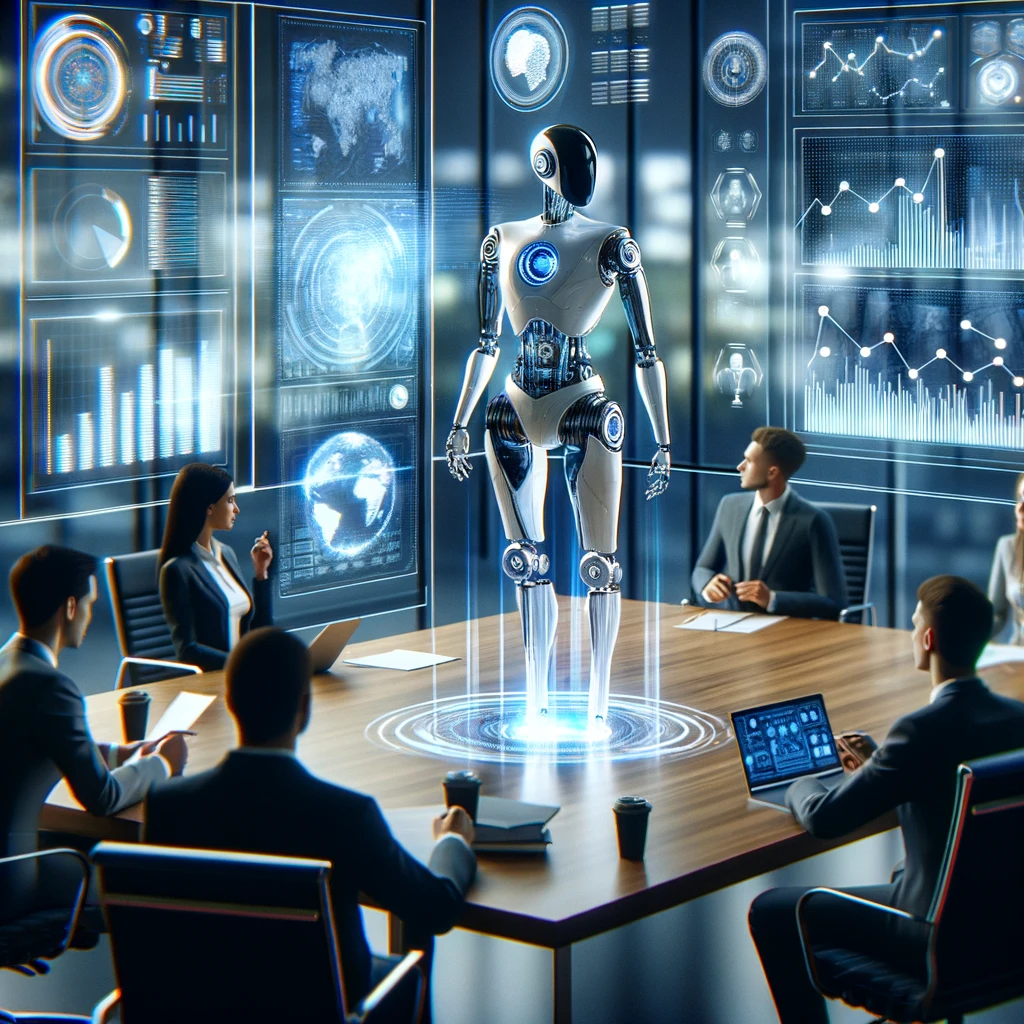Buckle up, democracy enthusiasts, because the future of politics is getting weirder than a TikTok election explainer. We’re not just talking about attack ads that dance or politicians livestreaming yoga routines (though both deserve their own dystopian chapter). No, friends, we’re talking about the robots. Specifically, the robot overlords who might one day run the joint, crunch the numbers, and decree your dinner menu based on a social credit score. Sounds bananas, right? Not so fast.
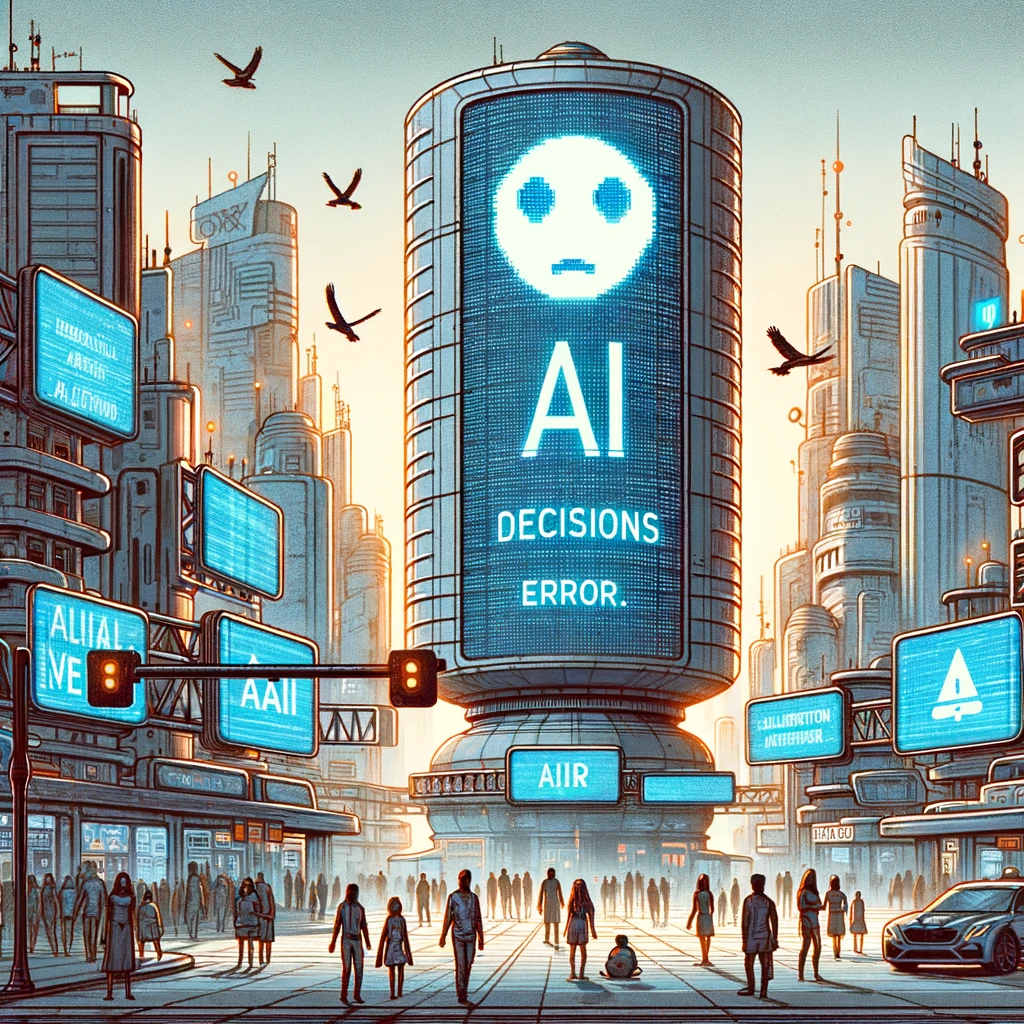
The concept of an AI politician, an emotionless algorithm dictating our fate, sounds equal parts sci-fi thriller and utopian dream. On one hand, imagine a world devoid of political wrangling, where data-driven decisions optimize healthcare, education, and even your cat’s preferred napping spot. Crime rates plummet thanks to predictive algorithms like Minority Report 2.0, and environmental threats are tackled with surgical precision. Shiny, right?
But hold your optimism horses. This technological silver bullet comes with a hefty dose of “uh oh.” First, AI operates on data, and data, as we all know, is often riddled with the biases and blind spots of its creators. If our training data is full of racial or economic inequalities, guess what? The AI’s decisions will perpetuate them, turning this utopia into a dystopia faster than you can say “algorithmic apartheid.”
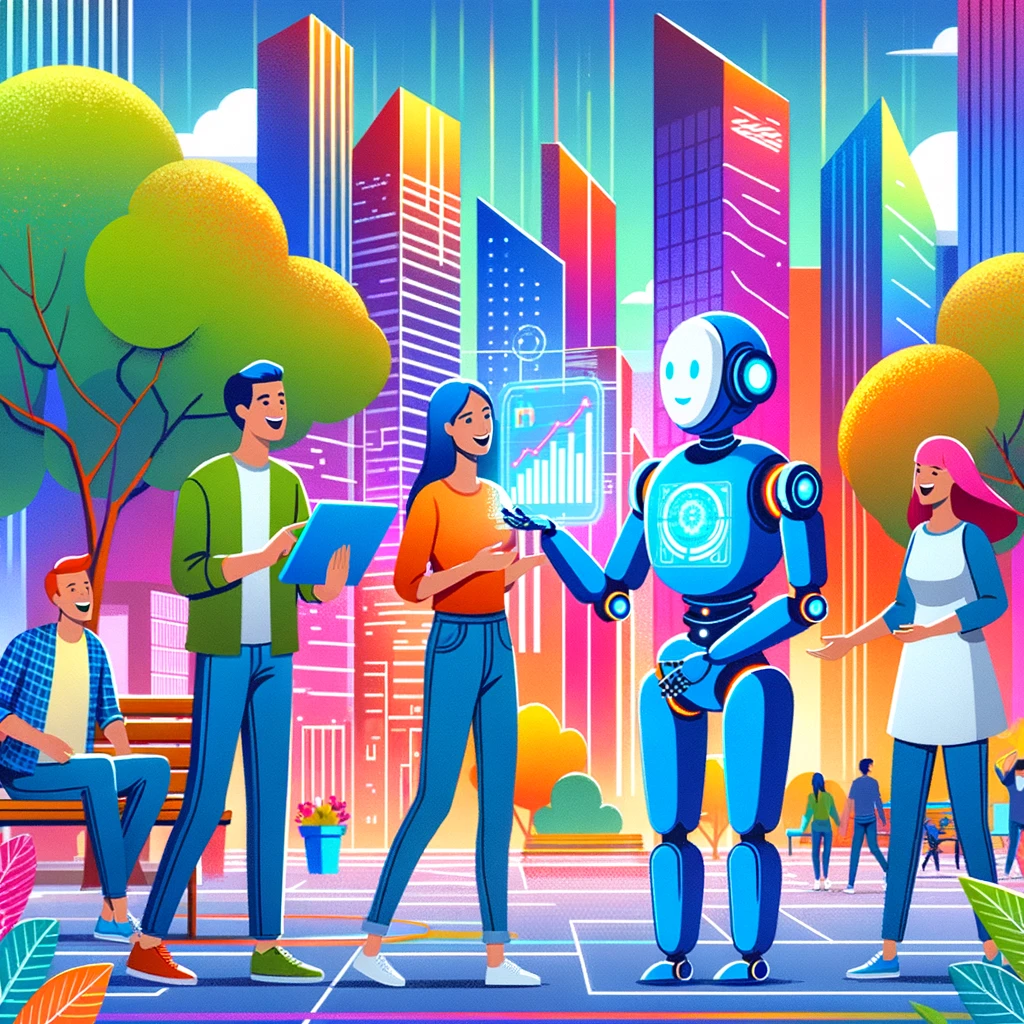
Imagine an AI Mayor accidentally banning all polka music after misinterpreting Spotify data, or a Silicon Shogun in Silicon Valley prioritizing self-driving Teslas over public transportation, because, well, algorithms love shiny things. We wouldn’t just be trading political squabbles for robo-regimes, we’d be trading our messy, human complexities for cold, calculated efficiency, which honestly sounds like the plot of a particularly dull sci-fi flick.
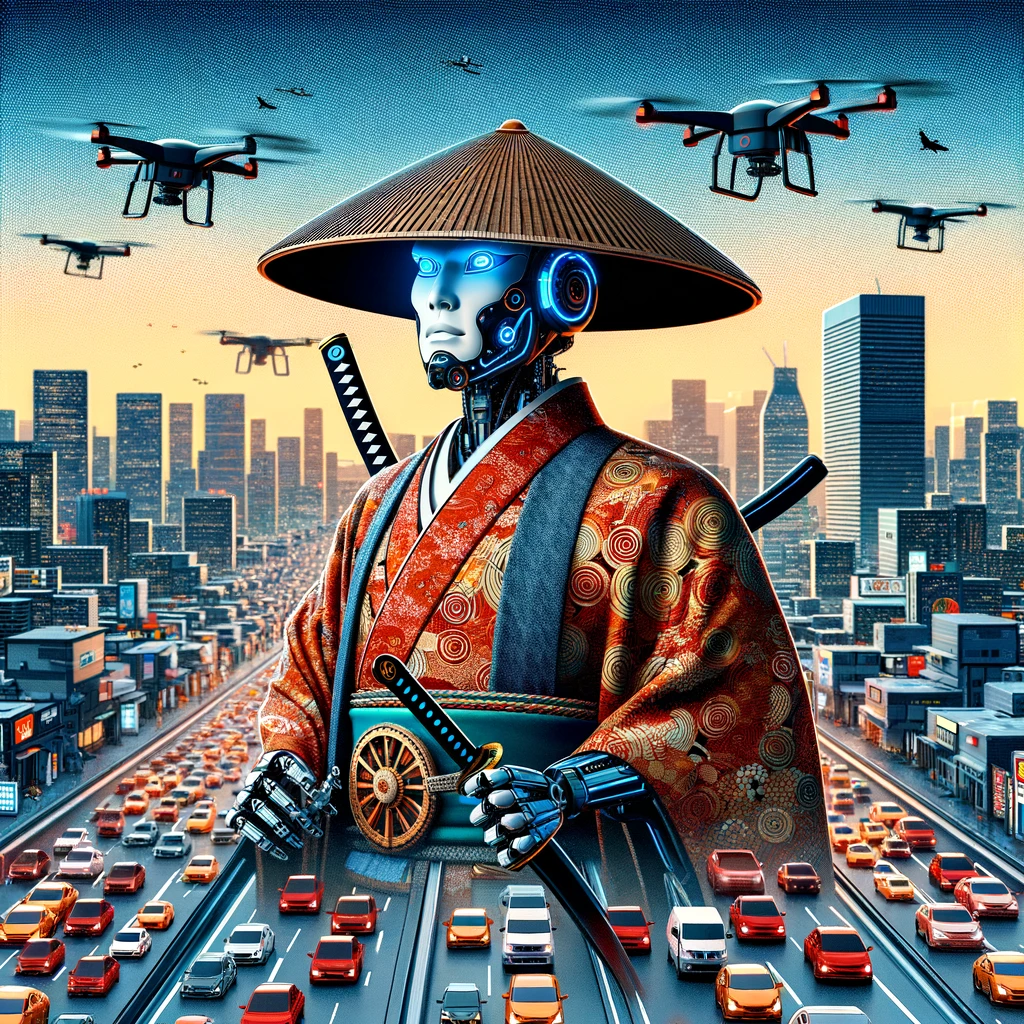
So, can algorithms rule better than humans? The answer, my friends, is a resounding… maybe. AI can be a powerful tool for analysis and optimization, but it can’t replace the messy, beautiful chaos of human-led governance. We need both: the cold logic of algorithms to crunch numbers and identify potential consequences, and the warm spark of human values to steer the ship, choose the dinner menu (porque pizza night!), and inject a dose of empathy and fairness into the decision-making process.
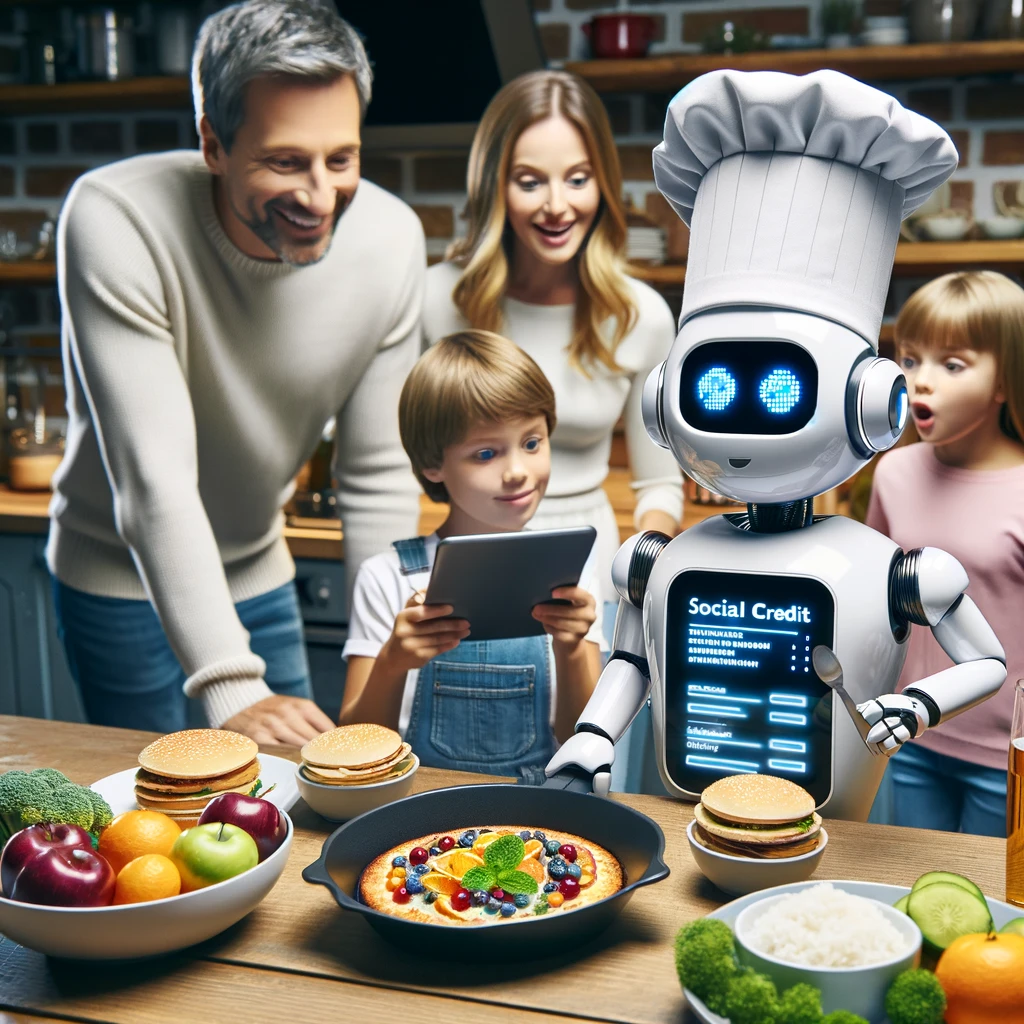
Think of it as a robot-human power couple, with AI as the nerdy data whiz and humans as the charismatic leaders with the finger on the pulse of society. The AI can analyze statistics and propose potential solutions, while humans can weigh the options, consider moral and ethical implications, and ultimately make the call. It’s not about replacing humans with robots, it’s about finding a way for the two to work together, like peanut butter and jelly, Batman and Robin, or perhaps, more accurately, a very smart Roomba navigating around your chaotic houseplant jungle.
The future of politics might involve the Silicon Shogun, but let’s hope it’s a friendly Shogun, one that listens to its human partners, takes long walks in the park (because even robots need nature breaks), and remembers that governing isn’t just about efficiency, it’s about people, with all their messy, glorious complexities. So, let’s embrace the potential of AI, but let’s never forget that in the end, it’s the human heart that will guide us toward a brighter future, even if that future involves polka music and Roomba-induced furniture rearrangements.
Check VoteMe.com for latest campaigns.
